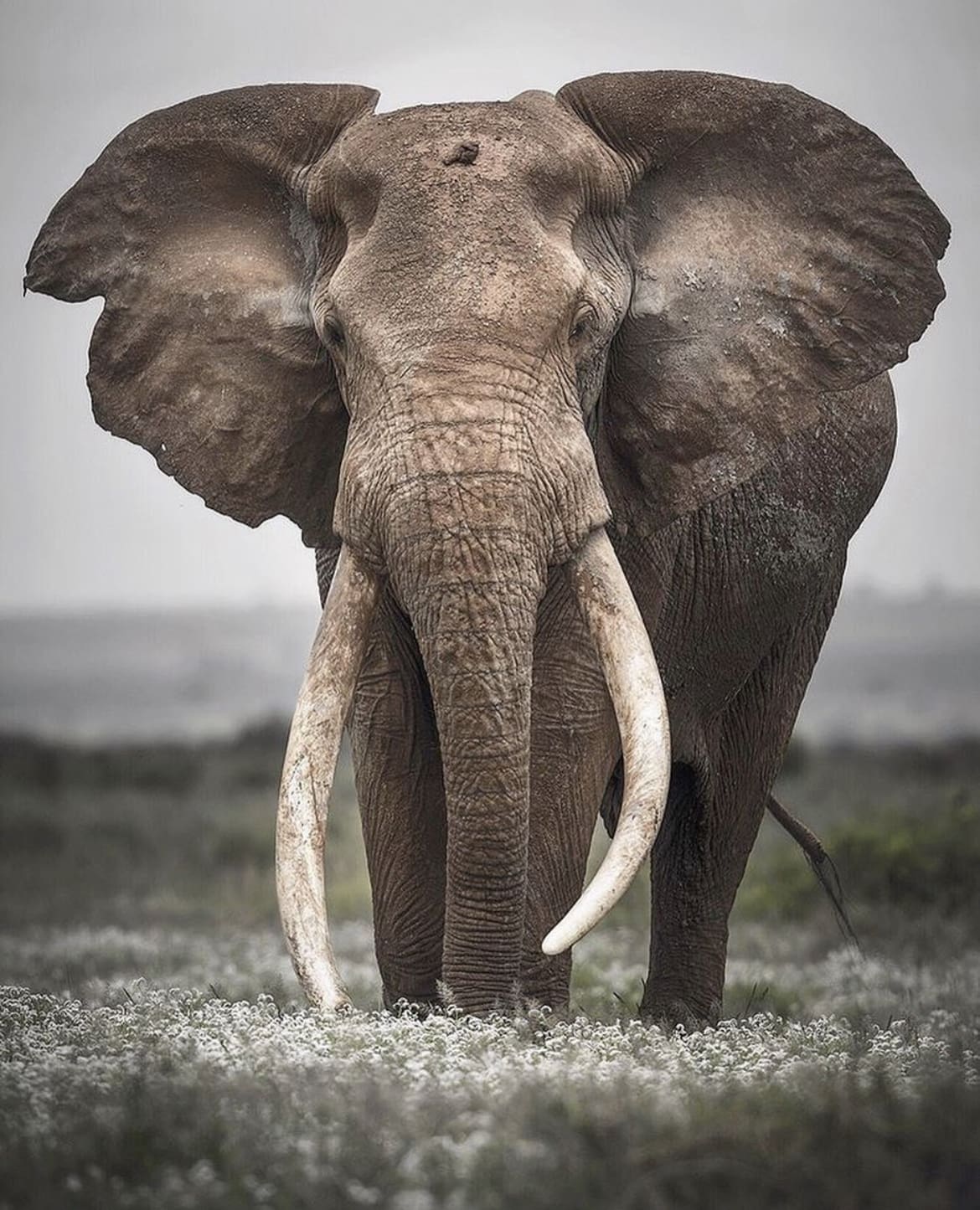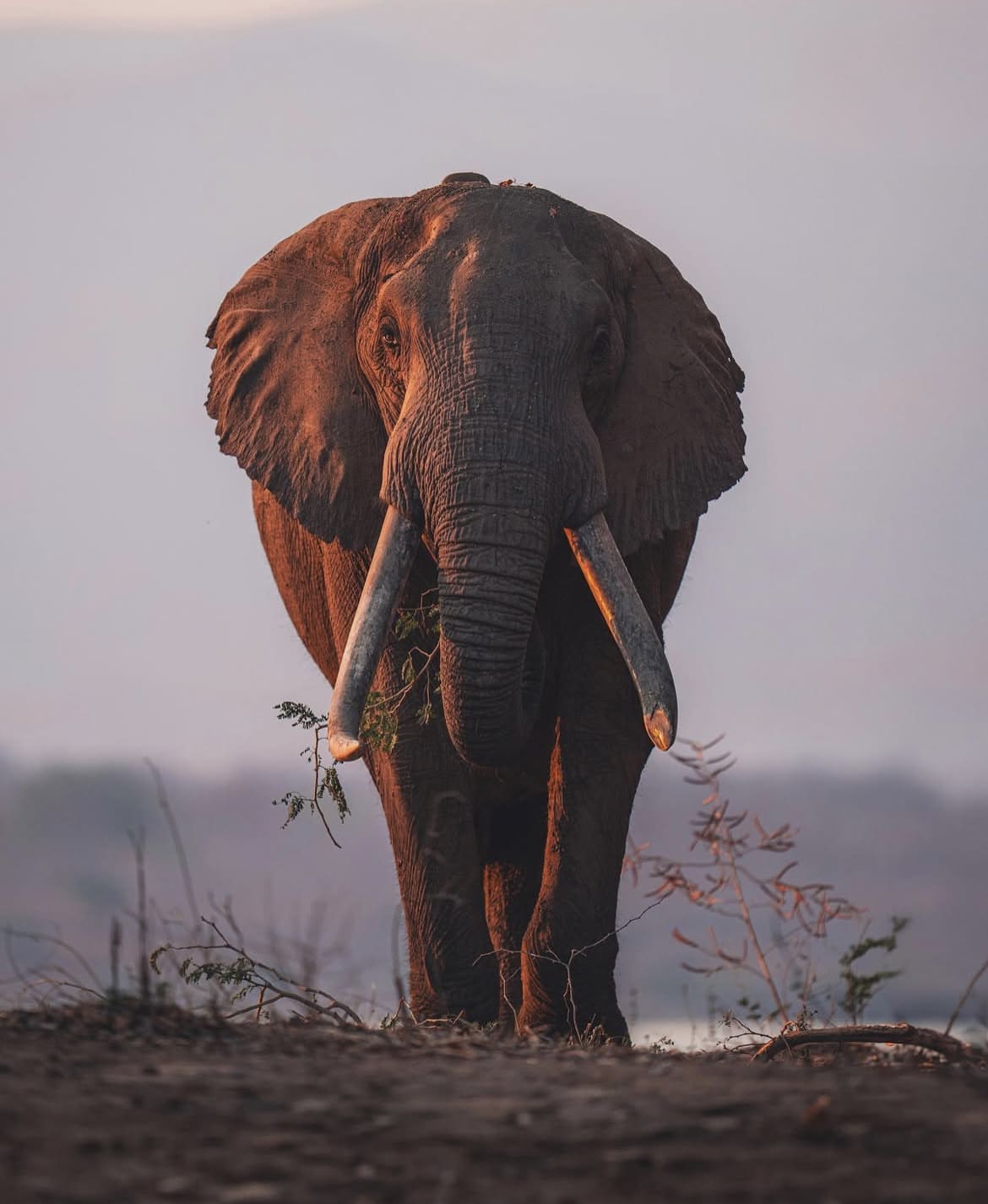A recent study has revealed that male African savannah elephants exhibit distinct personalities, challenging long-held assumptions about the social complexity of these majestic creatures.
Published earlier this month in the journal PLOS ONE, the research sheds new light on the intricate social dynamics of male elephant populations and their implications for conservation efforts.
Observing Elephants in the Wild
The study, conducted in Etosha National Park, Namibia, spanned five years, from 2007 to 2011. Researchers observed 34 adult male African savannah elephants, meticulously documenting their behaviors to uncover patterns and traits unique to individuals.
The team, led by Caitlin O’Connell-Rodwell, a prominent researcher affiliated with Stanford University and Harvard University, collaborated with experts from various institutions to bring this comprehensive analysis to life.

Key Findings
Distinct Personality Traits
One of the study’s most striking discoveries was the identification of five consistent behavioral types among the elephants. These ranged from aggression and dominance to more amicable behaviors, such as friendly social interactions.
Self-comforting behaviors, where elephants appeared to soothe themselves during moments of stress, also emerged as a defining characteristic in some individuals.
Influence of Social Context
The study highlighted the significant influence of social dynamics on elephant behavior. For instance, the presence of younger males often elicited specific responses, suggesting that male elephants adjust their actions depending on their social surroundings.
Researchers also noted the impact of socially influential individuals within the group, who appeared to shape the interactions and behavior of their peers.
While younger male elephants exhibit similar temperaments, their personalities become more distinct as they age. This gradual development underscores the role of life experience and social exposure in shaping individual behaviors.
Caitlin O’Connell-Rodwell and her team utilized meticulous observational techniques and innovative methodologies to conduct their research. Their work not only underscores the importance of studying wildlife in natural settings but also demonstrates the value of interdisciplinary collaboration in addressing conservation challenges.

Read Next:
- Botswana Issues Hunting Licenses for 400 Elephants
- Why African Elephants Are Becoming Hybrids
- Get To Know The African Savanna Elephant
A Call for Future Research
This pioneering study has opened the door to a deeper understanding of male elephant behavior, but many questions remain unanswered. Future research could explore the genetic, environmental, and experiential factors contributing to personality development in elephants.
By highlighting the individuality of these animals, the study serves as a reminder of the rich complexity of life in the animal kingdom. As O’Connell-Rodwell and her colleagues continue their work, the hope is that these insights will contribute to better protection and management of elephant populations worldwide.
This research not only deepens our appreciation for the social sophistication of elephants but also underscores the importance of preserving their habitats to allow these remarkable animals to thrive.
